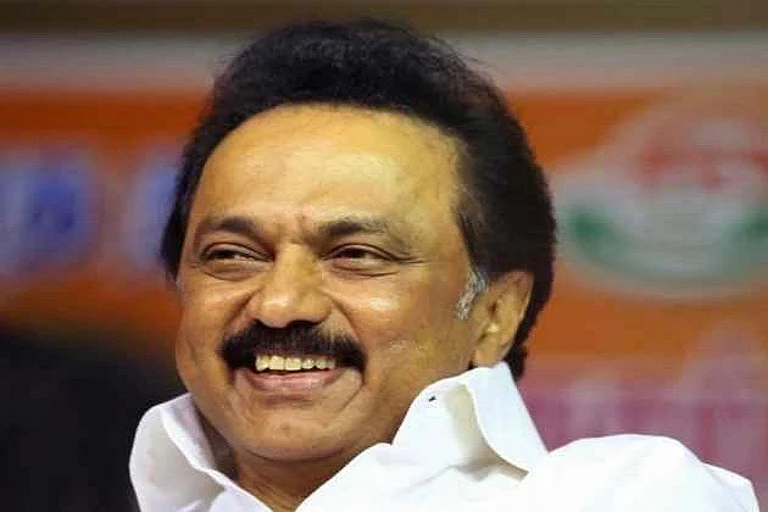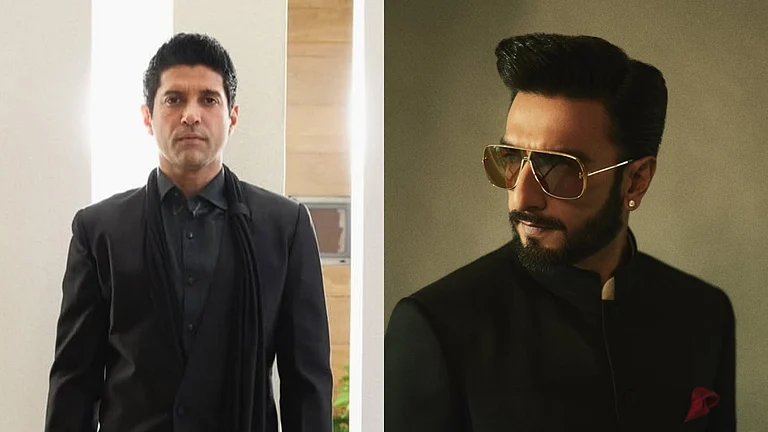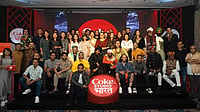After a hiatus of three years, director Feroz Abbas Khan has once again pulled the curtains up for his most celebrated work Broadway-style musical Mughal-e-Azam that returns to the stage. An ode to 1960 K. Asif film that was inspired by a play called Anarkali, written in Lahore in 1922 by dramatist Imtiaz Ali Taj, the live musical is taking place at Bal Gandharva Rang Mandir, Bandra West, Mumbai till 30 October.
Talking about the challenges of executing the play, he says that the biggest one was to do justice to not just the vision of K Asif but the work of its team of writers Kamal Amrohi, Wajahat Mirza, Ehsan Rizvi, and Amanullah Khan.
"They presented India's syncretic culture and its civilizational sweep in all its beauty on screen. The film has characters of so many diverse shades and that was something I did not want to lose out on in the adaptation. The class struggle depicted in the film is still relevant and so that was another strand that needed to be retained. It was important that the ornate form did not overpower the content. That balance was extremely important," he says.
He also says that it was important to have lead characters who should sing since it’s a musical and not a movie. "To do a live musical with actors singing live is not easy but we managed it," says Khan.
For those who have watched 'Mughal-e-Azam' will see how it's an intriguing palace tale of the developing love between a servant girl and the crown prince, set in Lahore.
Talking about how important are such romantic stories in today’s time and how do you think musicals like yours are contributing to that, Khan says that "love is a transformative force that changes and challenges societies and that is why it is met with so much resistance in every era."
Added the maker, "Every immortal love story in fiction and in cinema at some level is about the clash between convention and rebellion. This play too reminds people of the politics of loving someone inconvenient, someone who is not from your social or economic milieu. The musical is not contributing anything new to the discourse but joining it. Come to think of it, haven't lovers in all epochs said something similar to, "Pyar kiya to darna kya'' or, "Duniya mein dilwale ka saath dena … daulat waale ka nahin?"
On August 5, 2020, the country celebrated the 60th anniversary of the classic that has everything- romance, rebellion, tragedy. Also, with a powerful star-cast like Prithiviraj Kapoor, Madhubala and Dilip Kumar, the film seems to be ageless.


























